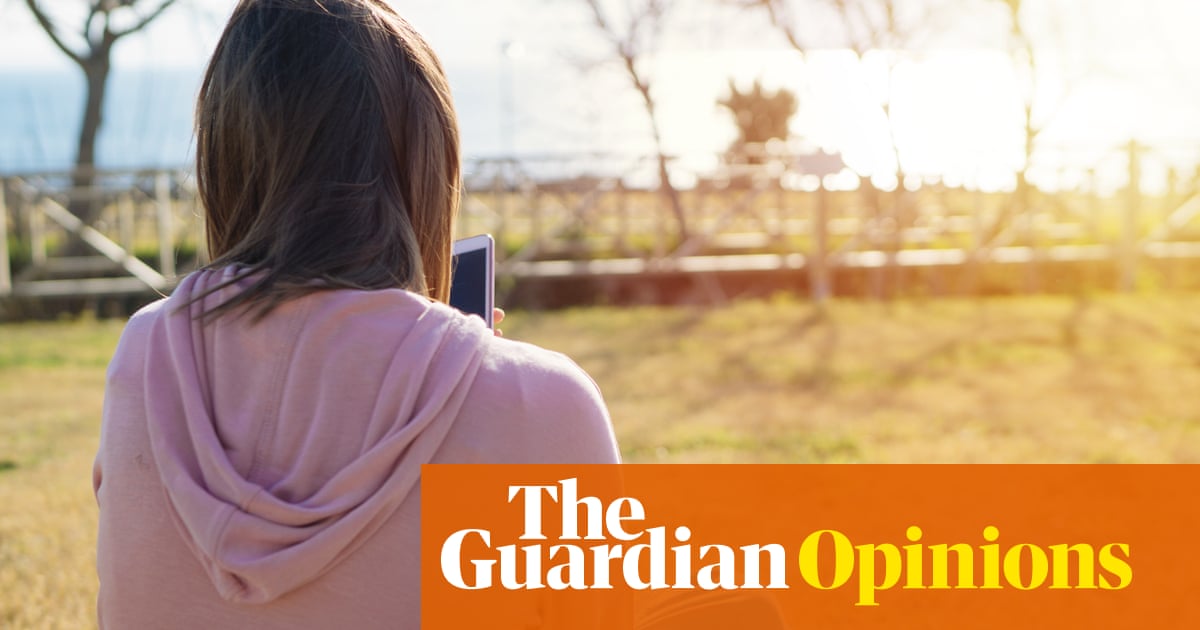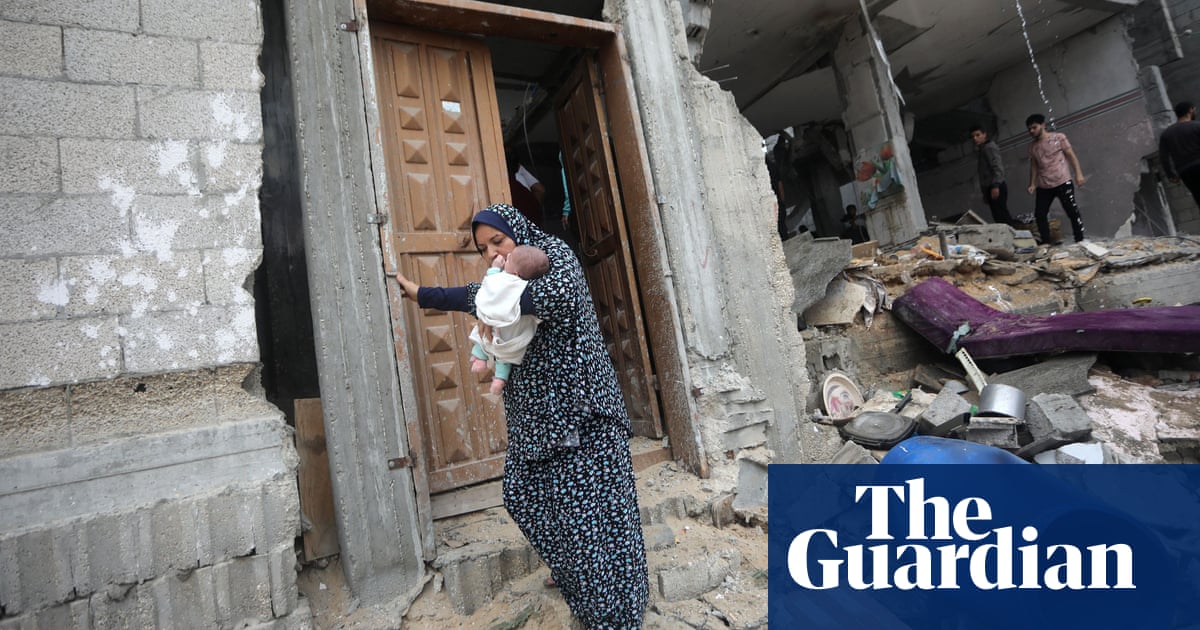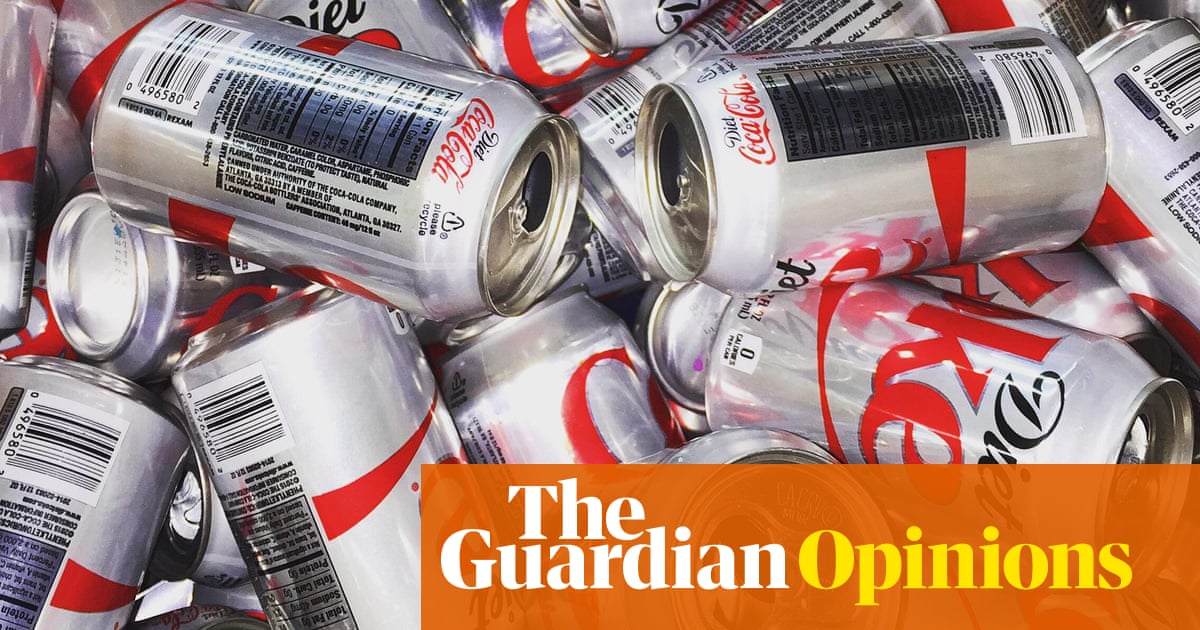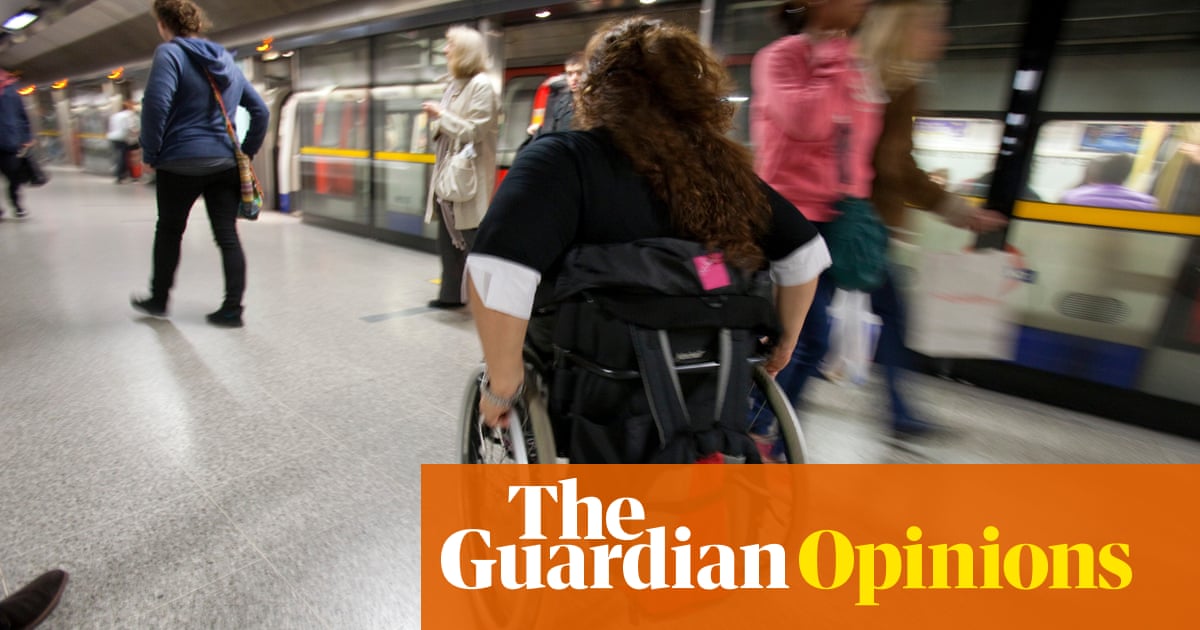
When I was six months pregnant with my first child, I stood in court for the first time in my life and heard the words “remanded into custody”. This meant that I would be held in prison for six months as I waited for my trial date. It didn’t sink in until I was waiting to be transported that I was probably going to be in prison when I gave birth to my first child. It was my first pregnancy, and fear overtook me. What was going to happen to me? What would happen to my baby?
Prison will never, ever be a safe place to be pregnant. Two babies have recently died in women’s prisons when their mothers gave birth without medical assistance. One woman in HMP Styal gave birth in the prison toilets, and another woman in HMP Bronzefield gave birth alone at night in her cell. Yet still the government is sending pregnant women to prison, knowing the risks. My heart broke with grief and anger when I heard of these baby deaths, and I can understand how they happened because, in prison, you’re completely powerless and locked up at the mercy of prison guards. Anything can happen to you.
I spent the final three months of my pregnancy in an environment that’s unsafe for any woman, let alone a pregnant woman. Healthcare is scarce, I barely ate because the junk food made me sick, and I missed several midwife appointments due to staff shortages. I had to take vitamin D supplements because I was too scared to leave my cell and go outside in the yard for sunlight and air, in case a fight broke out and anything happened to my baby.
The day I went into labour was the most traumatic day of my life. My contractions started at 5:30am and I pressed the cell buzzer to call for urgent help. I was told that someone was coming. As the contractions took hold, I called again, and again, but nobody came for two hours. I was terrified I would give birth to my baby on the cell floor.
The guards finally unlocked my cell at 7:30am, which is the same time they unlock everyone’s cells for the day. I was told that a nurse would come and assess whether I was in labour. I had to wait for another two hours for the nurse to arrive and confirm I was in labour. My baby was on the way and nobody saw it as urgent. An ambulance was called, and I was patted down and then handcuffed to an officer before finally being driven to the hospital. According to prison policy, women shouldn’t be cuffed in labour, but when I said this, I was told to be grateful I was in long cuffs and not short ones.
My labour was a long and traumatic experience. On the way to the hospital, I was begging for my mum and my son’s father to be called but guards ignored me. In hospital, I was screaming in agony, giving birth for the first time, as two prison guards sat in the tiny hospital bay and watched. Eventually a doctor, who was disgusted by the guards’ behaviour, called my mum, and thankfully she made it in time.
When my newborn son was placed in my arms, it should have been the happiest moment of my life. But all I could do was cry. I had no idea what would happen to us, or how much time I’d have with him. I was terrified he would be taken away from me. Because the prison guards were sitting right there, I felt too embarrassed to try to breastfeed. My mum was only allowed to stay with me for one hour, and then I was escorted back to prison, carrying my tiny baby in a car seat.
Within 24 hours of giving birth, I was locked in a cell alone with my newborn in a mother and baby unit. Nobody had communicated with me what would happen to us, how long we would be there, or whether we would be able to go home. I was scared someone would take him from me. My baby’s first few days of life shouldn’t have been like this. Guilt overtook me, and it’s a feeling that I still cannot shake to this day.
My mental health deteriorated badly in the mother and baby unit, and after a week I was allowed to go home on bail, on an electronic curfew. I was so relieved to get home and have the support of my family, and I questioned why I wasn’t given bail from the start.
Prison will never be a safe place to be pregnant. One in 10 women give birth in prison, or on the way to hospital. Even if the worst doesn’t happen, the impact of stress and trauma it causes to both mother and child is longlasting. This is why I’m part of a campaign to end the imprisonment of pregnant women.
Changing prison policy for pregnant women is not enough because no pregnant woman should be isolated and held behind locked doors – and anyway, policy and practice are very far apart inside prisons. Being handcuffed during labour was just one example. When you’re trapped in prison, you’re powerless and forgotten.
The only way to be sure pregnant women, new mothers and babies are safe is to keep them in their communities. I’m so glad to see more of the public supporting the campaign, with mums and babies at the heart of it all – as seen today with the protest outside parliament. No mother and baby should ever have to go through what my child and I did.
Anna Harley is a pseudonym












